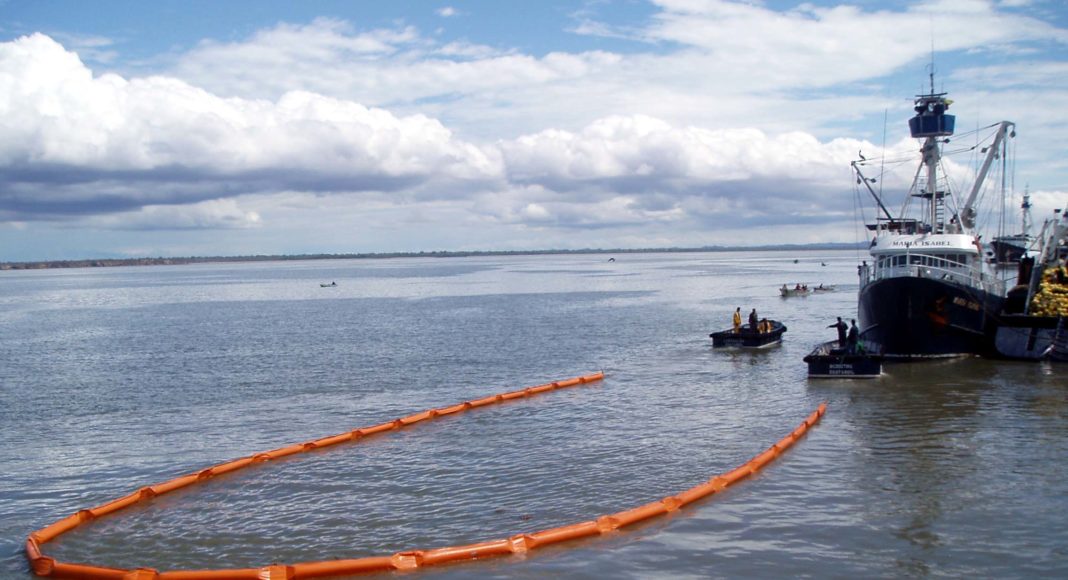Guyana’s President Irfaan Ali has enacted a comprehensive oil spill law which sets out a national framework for oil spill prevention and response and holds companies liable for the full cost of restoration and damages.
The government published the Oil Pollution Prevention, Preparedness, Response and Responsibility Act 2025 in the Official Gazette on May 28, confirming the president’s assent.
Passed by the National Assembly on May 16, the legislation was introduced by Prime Minister Mark Phillips. The law assigns the Civil Defence Commission (CDC) as the national authority for spill response and mandates the establishment of a National Oil Spill Committee to oversee planning, drills, and command operations.
Ahead of the president’s assent, the Office of the Attorney General and the Ministry of Natural Resources responded to public concerns that the bill could allow parent companies of oil firms to evade responsibility in the event of a spill occurs. In a May 24 statement, the state agencies accused unnamed critics of misinformation and said the bill does not seek to circumvent the Environmental Protection Act, but embraces it.
Natural Resources Minister Vickram Bharrat and Attorney General Anil Nandlall have both said the law is part of a broader effort to bolster Guyana’s legal infrastructure in line with the country’s Low Carbon Development Strategy. Operators will be required to report spills, demonstrate financial capacity, and restore environmental damage or risk losing licenses or port access.
Opposition parties had called for the bill to be sent to a special committee for revision arguing that it contains loopholes allowing oil companies to evade full liability. However, the legislation was passed without amendments and now, with presidential assent, takes effect.
Oil production offshore Guyana is expected to surge from 626,000 barrels per day (b/d) in early 2025 to approximately 900,000 b/d by the end of the year, as a new oil project is launched.



